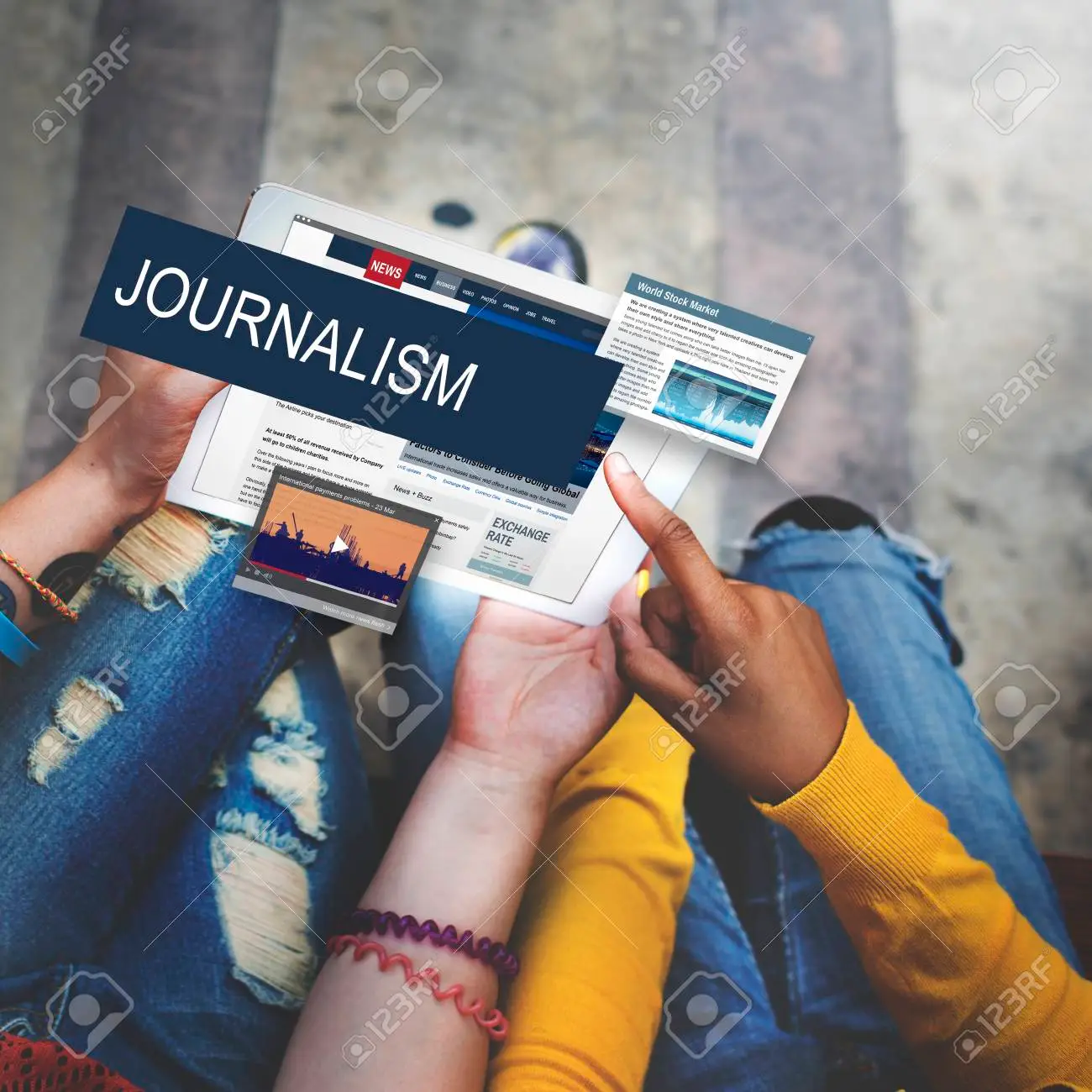Introduction
A journalist is a type of writer who seeks, collects, and presents information about current events, social issues, and newsworthy topics. They may work for newspapers, magazines, television networks, radio stations, or online media. Journalists are tasked with researching, interviewing, and writing stories to present to the public. They often have to work to tight deadlines and must be able to verify their facts. Journalists must also be able to communicate clearly and effectively in order to communicate their stories to a wide audience.
Types of Journalism – Print, Broadcast, and Online
As a writer, there are many different types of journalism you can explore. Print journalism, broadcast journalism, and online journalism each provide unique opportunities and challenges.
Print journalism is the traditional form of reporting and writing news. This type of journalism, which is found in newspapers and magazines, requires writers to have a clear understanding of the news, a well-developed sense of storytelling, and the ability to write in an accurate and concise manner.
Broadcast journalism is a type of journalism in which writers create news reports that are broadcast on television or radio. This type of journalism requires writers to be able to work quickly and accurately, and to be able to write in a style that is both informative and entertaining.
Finally, online journalism is a form of journalism that exists exclusively on the internet. Writers who work in online journalism must be familiar with digital tools such as social media, and they must have the ability to create content that is both interesting and engaging.
No matter what type of journalism you choose to pursue, it is important to have a passion for writing and a strong understanding of the news. As a journalist, you have the power to inform and educate people about the world around them.
Qualifications Needed to Become a Journalist
Becoming a journalist requires a certain set of qualifications and skills. To have a successful career in journalism, you must have strong writing, research, and analytical skills.
A degree in journalism or a related field is usually required. In addition, many employers prefer applicants who have experience in a particular area of journalism, such as print, broadcast, or online media.
Journalism is an ever-evolving field. To stay competitive, you should be familiar with the latest trends in the industry and have a deep understanding of the various platforms used for news dissemination.
Strong writing skills are essential for any journalist. You must be able to write clearly and concisely while expressing complex ideas. This means having a good grasp of grammar, spelling, and punctuation.
Good research skills are also essential. You must be able to find reliable sources of information and verify its accuracy.
Finally, a good journalist must have excellent communication skills. This includes having the ability to listen and interpret information, as well as the ability to effectively communicate your ideas to others.
With the proper qualifications and skills, you can have a successful career as a journalist.
The Role of a Journalist in Society
A journalist plays an important role in society by informing the public about current events and newsworthy topics. Journalists are writers who specialize in reporting news and providing information to the public. They often work for newspapers, magazines, radio, television, and online news outlets. Journalists are responsible for researching, writing, and editing stories for their audiences. They are also expected to cover a variety of topics, ranging from local politics and news to national and international events.
In addition to reporting the news, journalists also have an important role in helping to shape public opinion. By providing in-depth analysis and thoughtful commentary on current events, journalists can help to foster informed and engaged citizens. Journalists can also raise awareness about social and political issues, providing a platform for important conversations.
Ultimately, the role of a journalist is to provide accurate and timely information to the public. Journalists strive to inform and educate the public, and by doing so, they help to create a more informed and engaged society.
The Benefits of Being a Journalist
Being a journalist is one of the most rewarding professions out there. Journalists have the opportunity to report on events, uncover stories, and share information with the world. Aside from the obvious perks of being a journalist, there are a few other benefits that make it a great career choice.
First and foremost, journalists have the chance to explore a wide variety of topics. A journalist can cover politics, sports, entertainment, business, or any other subject that interests them. This allows them to stay up-to-date on the latest news and trends while still having the ability to pursue their own interests.
Second, journalists are able to work from almost anywhere. With the internet, journalists can work from home, the office, or even while travelling. This gives them the freedom to work and explore while still meeting their deadlines.
Third, journalists have the chance to build relationships with people from all walks of life. They can meet and interview interesting people, and learn about different cultures and perspectives. This can lead to better understanding and appreciation of the world around them.
Finally, journalists have the opportunity to make a positive impact on the world. Through their articles, journalists can inform and educate, while also providing a platform for people to express their opinions and views.
Being a journalist is an exciting and rewarding profession. It allows for exploration, flexibility, relationships, and making a difference. If you’re looking for a career that offers these benefits, consider becoming a journalist.
Conclusion
In conclusion, a journalist is a type of writer who specializes in gathering, writing, and reporting news and other current events. Journalists typically work for newspapers, magazines, websites, television networks, radio stations, or other forms of media. They often spend considerable time researching, interviewing, and observing to obtain accurate information, as well as engaging in editorial and opinion writing. Journalists are responsible for informing the public about newsworthy events and issues in a clear and understandable manner.











